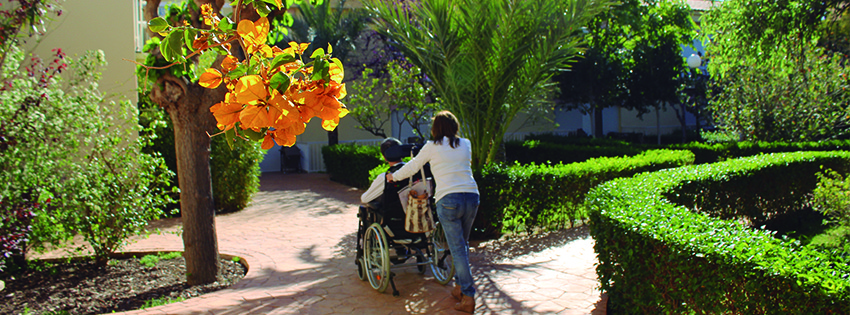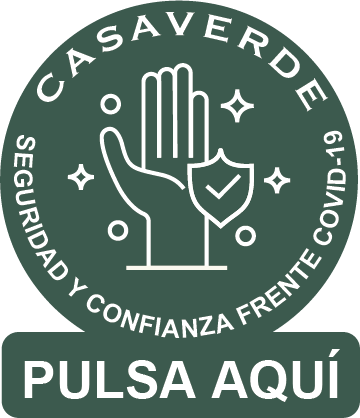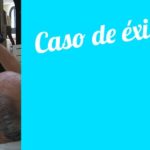Family role in the neurorehabilitation process

The acquired brain injury implies a crisis for the patient and for the family unit which has to be addressed by all the members. Work just with the patient during the rehabilitation process can difficult the acceptation of the situation by the family and the patient return after the discharge. Therefore the patient is not just evaluated in his individuality but also taking in account his social, familiar and economic circumstances previous to the incident to adapt the therapeutic process to the needs in each specific case; regarding an interdisciplinary, early and intensive point of view.
If we talk about the family role in this process, we must have the base in three key words: inform, accompany and form
Inform, about what has happened, which are the sequels, which expectations suggests the rehabilitation process and other question marks that normally emanates from our families during the hospital admission. A constant and periodic communication with the family must be kept about the progress and the treatment objectives achieved during the hospitalisation process. Receive adequate information of the patient situation helps to face the situation and a better comprehension of the facts.
Accompany, in the duel process, of the roles and lost capacities and in the acceptation of the new capacities and situation. It is important to accompany the family and listen the emotions that come together with the injury, to identify those problematic points in the family adaptation to the new context and act upon them, finding adapted solutions to the family environment of the patient.
We have to understand the family not just as a co-operator in the therapeutic process, but also as element to deal with, minimising the stress and the dysfunctional situations that may take place. It will be essential to offer emotional support to the patient environment due to the family support is a potential help in the rehabilitation being a fundamental pillar and a motivation in the treatment.
Form, in cares and attentions, favouring the environment integration in the exercises and therapies performed so the patient and his close caretakers could learn from it. It is important in this formation to clarify that a better autonomy of the patient achieves a lower overcharge in the environment and a bigger welfare in the affected. A previous evaluation to the discharge related with the needs the family will face in the return to the home address will be performed in order to offer orientation and formation in the adaptations required at home, similarly to the cares the patient will precise.
With these three elements: inform, accompany and form the family, we procure avoid overcharges in the caretaking and promoting the autonomy. We should not forget that with previous character to the incident the patients did not possessed not one, but several roles inside the family that will be subdued to a reunification and reassignment. Since the psycho-social orientation the role of helping in this adaptation process with the aim of achieve a major well-being for the patient and for the family unit in the end of the rehabilitation process. As Charles Darwin said, the survivals are the ones who can adapt better to the changes, not the strongest or the smartest.
Susana Moyano Abad
Social worker of Casaverde Alicante Hospital



